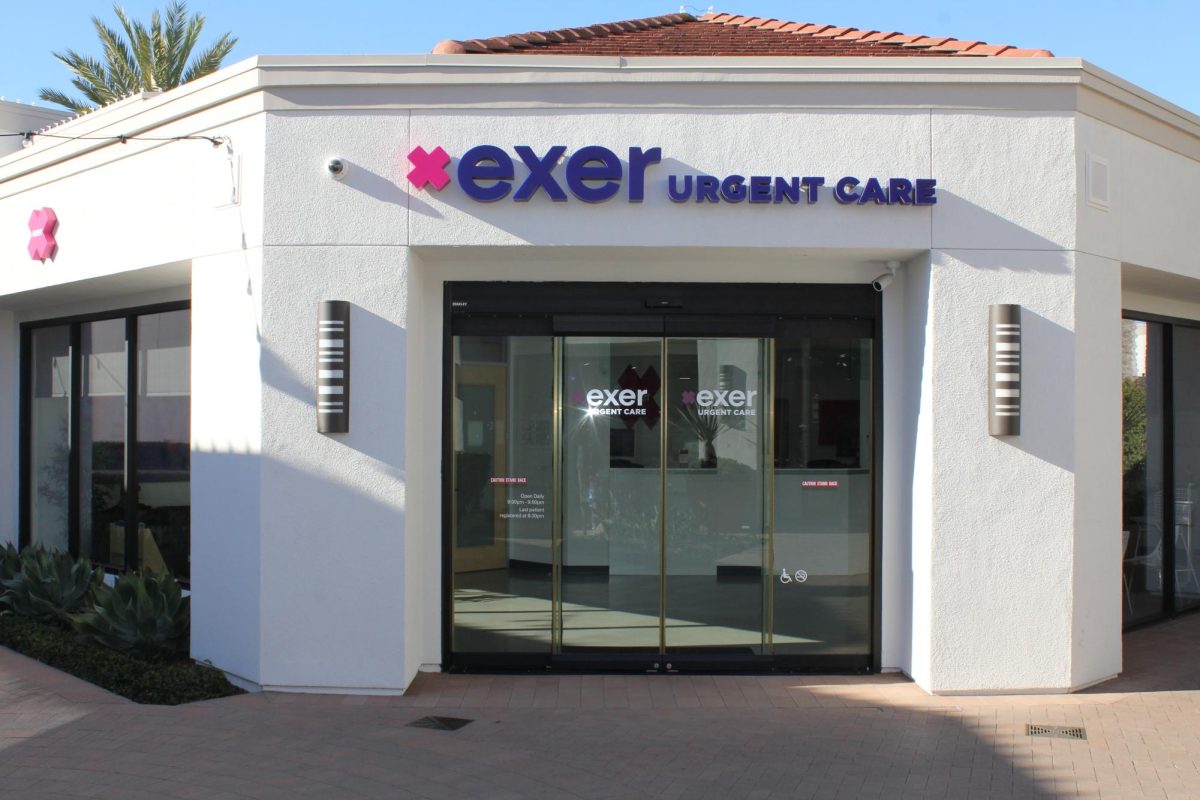*The opinions expressed within the content are solely the author’s and do not reflect the website’s or its affiliates’ opinions and beliefs.*
In a nation celebrated for its quality of life and robust economy, a complex healthcare landscape underscores a stark reality for many citizens. According to the World Population Review, the U.S. offers its citizens a relatively high quality of life compared to other nations around the world. The U.S. economy remains strong because of a capitalistic and often privatized approach to various industries. Currently, healthcare in the U.S. leans more towards a privatized system, with treatment being provided depending on one’s medical insurance. As a result of the various health insurance plans, treatments are not provided equally in the U.S. and citizens may choose to avoid going to appointments simply for financial reasons.
If politicians wish to further support the U.S. economy, they should strongly consider implementing a universal healthcare system. By implementing a government-subsidized healthcare system, the U.S. can help unemployed citizens receive healthcare, increase productivity and better manage any unexpected events like the COVID-19 pandemic.
Healthcare should not be a right reserved solely for affluent individuals in corporate positions; instead, it should be recognized as a fundamental right guaranteed to all. Numerous laws are designed to encourage entrepreneurship and aid those who wish to start their businesses. If someone claims to foster an inviting environment for entrepreneurs, they must consider that new business owners are technically unemployed and may not have access to health insurance depending on their financial status. Aside from entrepreneurs, an unemployed person who does not have to worry about paying for costly medical insurance bills can instead focus more on developing their careers.
Adopting a universal healthcare model not only enhances societal well-being but also boosts overall productivity. Several nations that have embraced universal healthcare prioritize preventive care to reduce the frequency of doctor visits. Professionals who may be skeptical about the merits of free healthcare services for the unemployed overlook the fact that preventing illnesses in one individual contributes to the protection of the entire population. Throughout a typical day, individuals interact closely with numerous others, elevating the potential for infection. Extending preventive healthcare to unemployed individuals enables employed individuals to mitigate their health risks.
A universal healthcare model also helps countries manage widespread disease outbreaks. According to CBC News, various maps revealed the correlation between countries that provide free healthcare and those that managed the effects of the COVID-19 pandemic well. The U.S. economy suffered due to the pandemic and many setbacks could have been avoided if the government had offered better preventative measures in the first place.
Although one could argue that free healthcare would raise taxpayer costs, negatively affecting low-income families, ultimately these expenses are outweighed by the high cost of a potential trip to the intensive care unit or a prescription medicine. For universal healthcare to be realistically implemented in the U.S., federal taxes that fund universal healthcare should be based on a percentage of total income rather than an even tax for all citizens. This would ensure that the price of healthcare is equitable for all.
While the U.S. remains a capitalistic society, politicians seriously need to consider providing universal healthcare. In the long run, equitable and affordable healthcare will benefit everyone, including both employed and unemployed individuals. A government-subsidized healthcare system will further promote entrepreneurship in the U.S. and will help increase the productivity of employed citizens. In addition, an emphasis on preventative healthcare can increase the well-being of society while also protecting the country against global disease outbreaks. Keeping in mind the benefits of universal healthcare, it is important to evaluate whether private healthcare benefits society.











